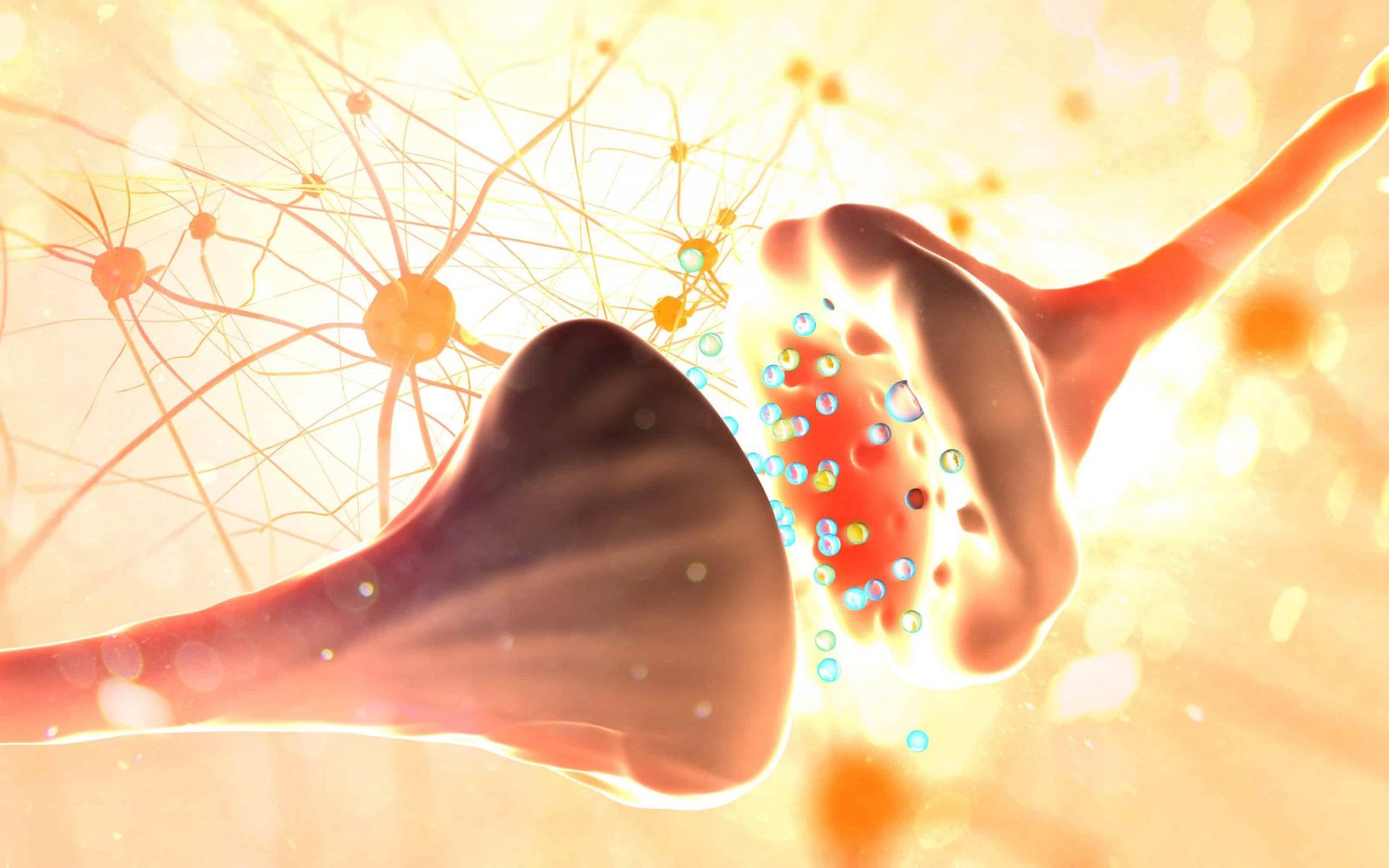Hormones and Menopause
Even minor hormonal changes can have serious effects on our entire organism, sometimes dramatically impacting quality of life.
Patients with hormonal disorders and menopausal symptoms (Graves’ disease, Hashimoto’s thyroiditis) are often very familiar with these problems. However, a diagnosis of diabetes mellitus also leads to significant changes in both lifestyle and long-term health.
Our hormonal system is closely connected to many other systems in our body, forming a complex network. Therefore, even the slightest changes can have complex effects.
And these sensitive regulatory circuits between hormones, our nervous system, digestion, body temperature regulation, excretion, etc., can be easily disrupted both internally and externally.
Triggers of Imbalances in the Hormonal System
Typical culprits of hormonal disorders include:
- a deficiency of essential micronutrients and vitamins
- an imbalance between stress and recovery
- Environmental pollutants, radiation exposure, and medications
- Substances with hormonal effects
This interconnectedness also explains why hormonal fluctuations can manifest with a variety of symptoms that are often difficult to categorize. A wide range of symptoms can occur, from sensitivity to cold, sometimes massive hot flashes, poor skin and hair loss, depression and inner restlessness, to recurrent infections or osteoporosis.
Interventions in the hormonal balance as part of therapy therefore also have complex effects on the entire organism and must be carried out very sensitively.
Since many hormonal disorders are externally caused, we can also contribute significantly to maintaining or regaining hormonal balance:
- healthy, high-quality nutrition
- sufficient exercise
- Sunlight
- Stress reduction
- Lifestyle changes
- Avoidance of chemicals and chemical fumes in daily life
If hormonal disorders are internally caused, conventional or alternative therapies are useful to regain hormonal balance and improve quality of life.
Before any therapeutic intervention, I prefer a holistic diagnostic approach to get to the root causes of the symptoms. For this, you can find information on the diagnosis of hormonal disorders and menopausal symptoms in my naturopathic practice in Berlin.
If you are unsure whether your thyroid values are optimal, you can find a helpful calculator here. The closer the fT3 and fT4 values are to 50%, the more likely they are in the comfort zone.

